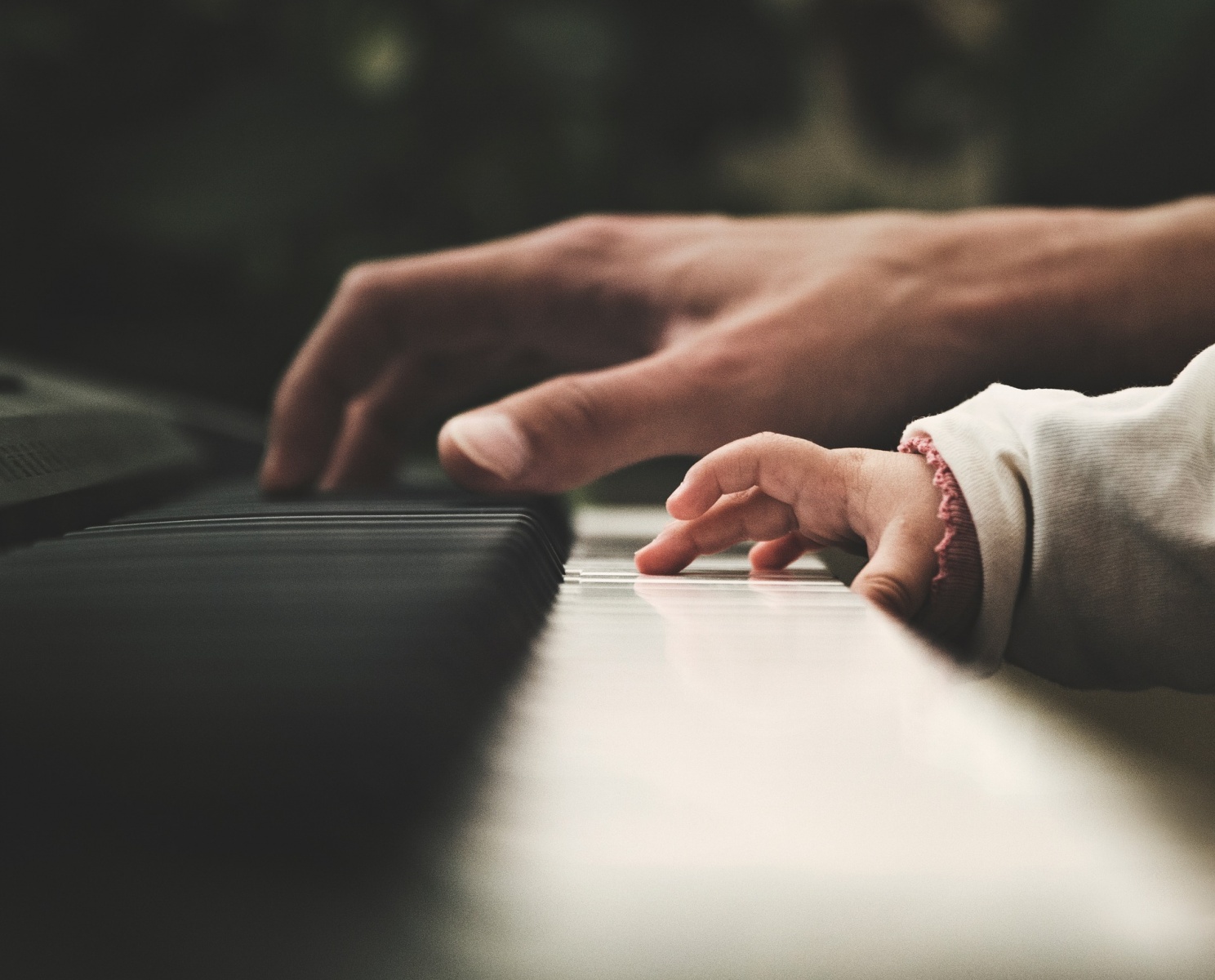
The piano is a beautiful instrument that is used for playing pop music just as much as it is used to play classical scores.
Learning to play an instrument, particularly as a child, has many well documented benefits, such as good concentration, but could learning to play the piano actually be good for your health? Well, the answer seems to be yes, let's have a look at why.
Playing The Piano Reduces Stress
Stress is something that most of us have to deal with in this modern world, particularly during the year of 2020 when the world has gone a little bit crazy.
Being stressed has a negative impact on our overall health, and can even have repercussions beyond what you would expect.
Stress can cause headaches, generalised anxiety disorder, weight gain or weight loss, irritability or mood changes, recreational drug use, alcohol indulgence, fatigue, sleeping excessively, insomnia, digestive issues, and clinical depression.
As you can see, the symptoms of stress are many, and can even lead to high blood pressure, diabetes and heart disease, so it is imperative that we find a way to reduce stress within ourselves.
Playing an instrument, and in this case a piano, helps to reduce stress. Piano playing requires concentration, and needs you to not think of anything else whilst you are doing it, and this means that your brain gets a chance to rest from the constant barrage of information.
Many people describe playing the piano as going into a meditative state, and meditation is well known for its stress busting properties.
Even just sitting and playing at a piano for only half an hour a day has been shown to reduce blood pressure and make you feel generally more positive about the world.
Playing The Piano Improves Cognitive Function
It has been well documented that learning a new skill creates new connections within the brain that improve cognitive function.
Playing the piano has been shown to slow the decline in brain processing that naturally happens as we age, and can slow the progress of dementia.
Playing piano to those already suffering with dementia has helped them to access memories that were thought to be lost to them.
Children who learn the piano have also been shown to have better mathematical skills than their non-piano playing counterparts, and it can help them to process new information more quickly throughout their lives.
Another benefit of learning the piano is that it improves memory and recall abilities. Music reading is a skill within itself, and requires good memory to be able to play a piece without looking at the musical sheet. This in turn leads to excellent reading skills of both musical and non-musical pieces.
Piano is also a skill that is taught worldwide, and can even be learned online during these times of COVID-19 and the lockdowns that come along with it. No matter where you live, you can find lessons to suit you. Just google something such as piano classes in Singapore and something suitable will no doubt show up.
Playing The Piano Increases Hand Strength
Playing the piano, of course, uses the hands. As the piano requires both hands, and all the fingers on each hand, the playing of the instrument increases fine motor skills and dexterity.
Due to this use of the hands in playing the piano, hand strength increases with regular practice.
The other benefit is that it also increases hand to eye coordination, which is an incredibly important skill that is under developed in many people.
Playing The Piano Increases Self Esteem
Low self esteem is an increasing problem the world over, and can lead to many negative effects, such as social withdrawal, and even drug misuse.
Playing the piano is something that has to be worked at, it requires concentration and commitment, but the payoff for that is learning a new skill, over time.
This rush that a player gets when learning a new score, or mastering a new piece of music has a very positive effect on their self esteem.
As they continue to improve at this instrument, their self confidence and self esteem often grows with it, and many studies have been shown to prove this.
We live in a world where many things are available almost instantly, and having to wait has become something of the past in a lot of cases. The piano cannot be learned overnight, and the achievement that one feels as they progress with their learning is unparalleled.
Playing The Piano Increases Concentration
As we have discussed above, the modern world is very fast paced, and instant gratification is a part of our lives now.
We can order almost anything from the comfort of our house, and have it arrive at our doors within a matter of hours.
Social media is at our fingertips at all times, and any research we need to do can be done with a quick google search.
This is having a negative impact on concentration levels, as well as our patience levels.
Learning and playing the piano requires concentration, patience and discipline, which are skills that everyone should have.
The piano can not be learned overnight, and one must concentrate fully while learning it. This can really help to improve concentration and patience.
Discipline is also important, as only practice can make you better at the piano, and so one must set aside daily time to practice.
Learning the piano will also aid with learning how to time manage and organise effectively, which are also incredibly important life skills to learn.
In Summary
As you can see, there are many ways that learning to play the piano can have a positive impact on our health.
Playing the piano also has other benefits that we haven't listed here, such as increasing social skills.
If you have ever thought about learning the piano, don't put it off any longer, there has never been a better time to start learning this beautiful instrument.
* This is a contributed article and this content does not necessarily represent the views of musictimes.com













